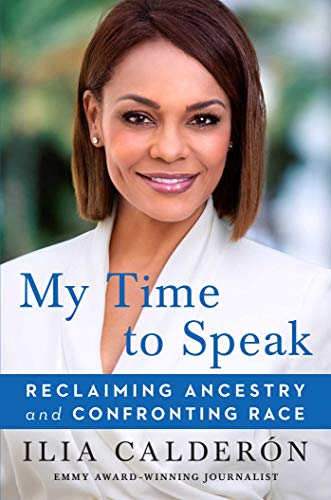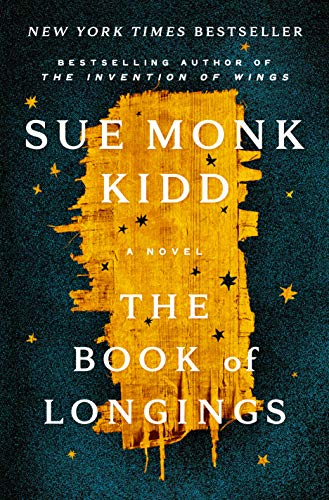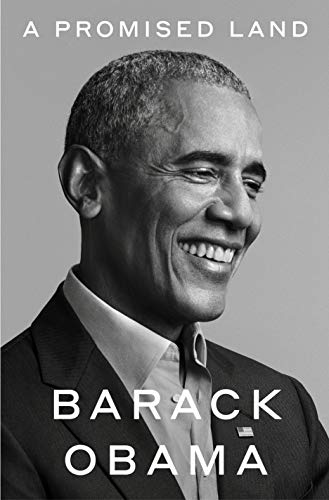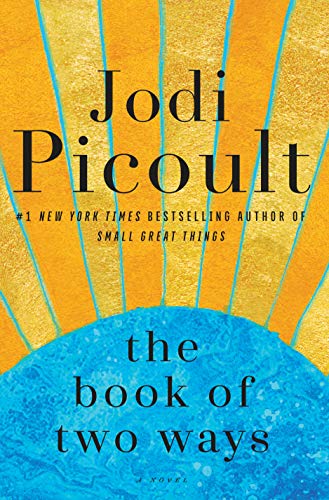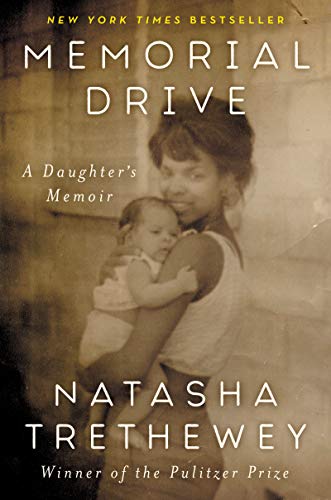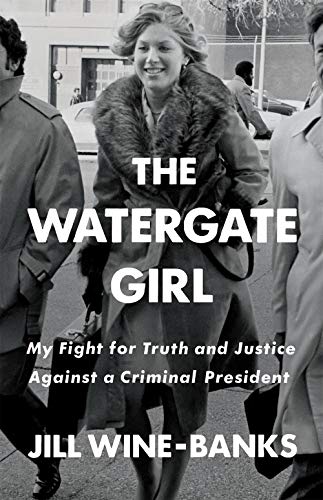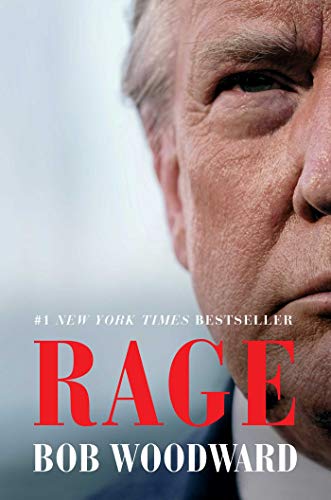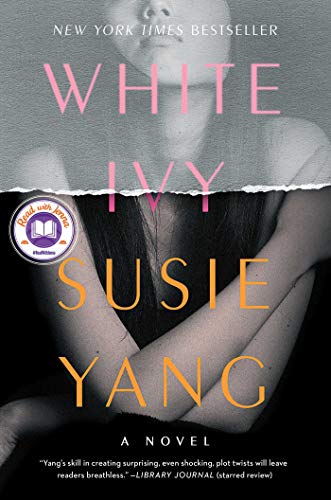
When people think about Great Opening Lines in World Literature, their minds almost automatically go back decades – or even centuries. But great opening lines are not a thing of the past. In this article, I’ll present twenty of the best from 2020. Before I do, a quick distinction between first lines and opening lines.
In 2006, the American Book Review published the “100 Best First Lines from Novels.” Here’s their entry from Sinclair Lewis’s Elmer Gantry (1927):
Elmer Gantry was drunk.
By presenting only the first line and not the full opening paragraph, ABR editors deprived readers of one of literary history’s best opening lines:
Elmer Gantry was drunk. He was eloquently drunk, lovingly and pugnaciously drunk. He leaned against the bar of the Old Home Sample Room, the most gilded and urbane saloon in Cato, Missouri, and requested the bartender to join him in “The Good Old Summer Time,” the waltz of the day.
I won’t be making a similar mistake. Some great opening lines, you will shortly see, get the job done in a single sentence. Others require several sentences or several brief paragraphs. With opening lines, there is no single path to greatness. My selections are presented below in alphabetical order by author.
Woody Allen, Apropos of Nothing
Like Holden, I don’t feel like going into all that David Copperfield kind of crap, although in my case, a little about my parents you may find more interesting than reading about me.
In beginning his autobiography, Allen was clearly inspired by Holden Caulfield’s legendary opening words in The Catcher in the Rye (1951). Allen continued with a sensational description of his father—and, as usual, he found a neat way of bringing it all back to himself.
Fredrik Backman, Anxious People
A bank robbery. A hostage drama. A stairwell full of police officers on their way to storm an apartment. It was easy to get to this point, much easier than you might think. All it took was one single bad idea.
As good as these opening words are, the first sentence of the second paragraph is the killer line: “This story is about a lot of things, but mostly about idiots.”
Brit Bennett, The Vanishing Half
The morning one of the lost twins returned to Mallard, Lou LeBon ran to the diner to break the news, and even now, many years later, everyone remembers the shock of sweaty Lou pushing through the glass doors, chest heaving, neckline darkened with his own effort.
The narrator continued: “The barely awake customers clamored around him, ten or so, although more would lie and say that they’d been there too, if only to pretend that this once, they’d witnessed something truly exciting.”
Christopher Buckley, Make Russia Great Again
“How could you work for a man like that?”
“What were you thinking?”
‘What possessed you?”
All the time I get this, even in here, which frankly strikes me as a bit rich. Who knew inmates at federal correctional institutions had such keenly developed senses of moral superiority?
The narrator is Herb Nutterman, a longtime Trump Organization employee called out of retirement to become President Trump’s White House Chief of Staff.
Ilia Calderón, My Time To Speak: Reclaiming Ancestry and Confronting Race
All my attention was focused on his face. It’s what I remember most clearly more than two years after our encounter. That face that had raged red as soon as he saw me, and continued angry, indignant. His nostrils flared with his agitated breathing, which he unsuccessfully attempted to control. He responded quickly, hot, like a lit fuse, not letting anyone else talk. And then, suddenly, I heard it from his own lips, “We’re going to burn you out.”
Calderón, an Emmy Award-winning journalist and popular host at Univision, begins her memoir with a description of her first encounter with Chris Barker, the newly elected Imperial Wizard of the North Carolina Ku Klux Klan.
Glennon Doyle, Untamed: A Memoir
Four years ago, married to the father of my three children, I fell in love with a woman.
The most compelling opening lines are often the most simple and direct.
Elena Ferrante, The Lying Life of Adults
Two years before leaving home my father said to my mother that I was very ugly.
The narrator is 13-year-old Giovanna, an Italian adolescent, recalling an event that continues to sting despite her father’s later apologetic explanation.
Kim Ghattas, Black Wave
“What happened to us?” The question haunts us in the Arab and Muslim world. We repeat it like a mantra.
Ghattas, a Lebanese journalist and scholar, provides a glimpse of his thesis in the book’s subtitle: Saudi Arabia, Iran, and the Forty-Year Rivalry That Unraveled Culture, Religion, and Collective Memory in the Middle East.
Emily Henry, Beach Read
I have a fatal flaw.
The words come from January Andrews, a 29-year-old author of romance novels. After an earlier taste of success, she is now broke and almost homeless.
Sue Monk Kidd, The Book of Longings
I am Ana. I was the wife of Jesus ben Joseph of Nazareth. I called him Beloved and he, laughing, called me Little Thunder.
The idea that Jesus had a wife, and that she is writing about their marriage, is compelling. It also raises an intriguing question: What kind of husband was he?
Hilary Mantel, The Mirror and the Light
Once the queen’s head is severed, he walks away.
The queen in question is Anne Boleyn, and the man walking away is Thomas Cromwell, an adviser to King Henry VIII.
Meghan Markel, Duchess of Sussex, The Losses We Share
It was a July morning that began as ordinarily as any other day: Make breakfast. Feed the dogs. Take vitamins. Find that missing sock. Pick up the rogue crayon that rolled under the table. Throw my hair in a ponytail before getting my son from his crib.
After changing his diaper, I felt a sharp cramp. I dropped to the floor with him in my arms, humming a lullaby to keep us both calm, the cheerful tune a stark contrast to my sense that something was not right.
I knew, as I clutched my firstborn child, that I was losing my second.
This is the opening line for a moving essay Markel wrote for The New York Times, describing the miscarriage of her second child.
Caitlin Myer, Wiving: A Memoir of Loving Then Leaving the Patriarchy
I am fifty years old and have just moved to a seaside town in Portugal. I’m reading in a quiet bar when a man asks why a beautiful woman like me is alone.
What he means is, What is happening between your legs?
What he means is, You are breaking the rules of the story, but I can set you straight.
What he means is, I can fill that terrible gap between your legs.
I expected Myer’s book to be a straightforward personal account of her transition from devout Mormon girl to a strong, independent woman, but it is also a stirring polemic about life for women in a male-dominated world.
Barack Obama, A Promised Land
Of all the rooms and halls and landmarks that make up the White House and its grounds, it was the West Colonnade that I loved best.
Many great opening lines don’t bowl readers over, they simply get them to ask, “Why?” Or in this case, “Why select what is essentially a walkway—no matter how beautiful—over the many more historic choices?” Obama went on to offer a most interesting answer, and one providing a glimpse into the mind of the man.
Jodi Picoult, The Book of Two Ways
My calendar is full of dead people.
Stephen King once said: “An opening line should invite the reader to begin the story. It should say: Listen. Come in here. You want to know more about this.” Picoult’s opening does exactly this.
Natasha Trethewey, Memorial Drive: A Daughter’s Memoir
The last image of my mother, but for the photographs taken of her body at the crime scene, is the formal portrait made only a few months before her death.
Trethewey, a former U. S. Poet Laureate, begins her memoir with a haunting, understated reference to a crime—her mother’s brutal murder by her second husband.
Caroline Randall Williams, “You Want a Confederate Monument? My Body is a Confederate Monument”
I have rape-colored skin.
Written for The New York Times, Williams, a Writer-in-Residence at Vanderbilt University, was directly addressing Americans who were calling for the preservation of Confederate statues in public places. She continued: “My light-brown-blackness is a living testament to the rules, the practices, the causes of the Old South. If there are those who want to remember the legacy of the Confederacy, if they want monuments, well, then, my body is a monument. My skin is a monument.”
Jill Wine-Banks, The Watergate Girl
I didn’t think I was nervous, but I could hardly breathe.
People often don’t know how they really feel until they’re thrust into a high-stakes situation. In this case, the event was the moment the young prosecuting attorney began her formal questioning of Rose Mary Woods, a key witness in the Watergate hearings and President Richard M. Nixon’s personal secretary.
Bob Woodward, Rage
During the Top Secret President’s Daily Brief the afternoon of Tuesday, January 28, 2020, discussion in the Oval Office turned to a mysterious pneumonia-like virus outbreak in China. Public health officials and President Trump himself were telling the public the virus was low-risk for the United States.
“This will be the biggest national security threat you face in your presidency,” Robert O’Brien, the national security adviser, told Trump, expressing a jarring, contrarian view as deliberately and as strongly as possible.
Trump’s head popped up.
Suzie Yang, White Ivy: A Novel
Ivy Lin was a thief but you would never know it to look at her. Maybe that was the problem. No one ever suspected—and that made her reckless.
I don’t regard these as the twenty best opening lines of 2020, but as twenty of the best. They reflect my tastes and preferences, and a similar list created by you might be considerably different.
If you have favorites that are not featured above, please e-mail them to me ([email protected]) or include them in the “Comment” section below.
Dr. Mardy Grothe
Dr. Mardy Grothe is a retired psychologist and author of eight quotation anthologies, including Oxymoronica and I Never Metaphor I Didn’t Like (for more, go to: www.drmardy.com). He is also the compiler of “Dr. Mardy’s Dictionary of Metaphorical Quotations” (DMDMQ), history’s largest online database of metaphorical quotations. About him, Fred Shapiro, editor of The New Yale Book of Quotations wrote: “Mardy Grothe’s books and websites are the wonders of the quotation world. Time and time again he has produced resources that are both addictively fascinating and highly educational.”



